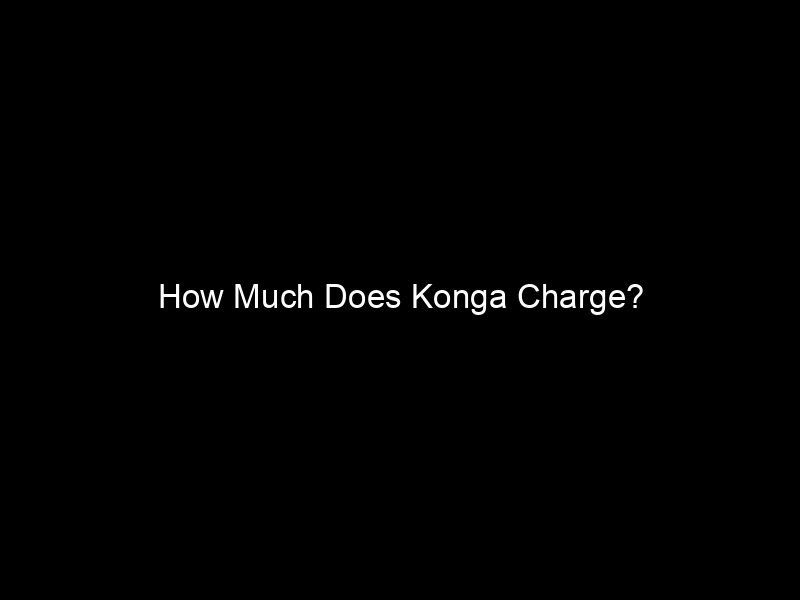In the ever-evolving landscape of e-commerce in Nigeria, Konga stands out as a significant player. As a professional with extensive experience in Nigeria’s e-commerce sector, I have observed firsthand how platforms like Konga have revolutionized the way businesses and consumers interact in the digital marketplace. Understanding the cost structure, particularly how much Konga charges for its services, is crucial for both sellers and buyers. This article aims to provide a comprehensive analysis of Konga’s fee structure, offering insights into how these charges impact the market and what it means for you.
Detailed Insights into Konga’s Fee Structure
Konga, since its inception, has established itself as a powerhouse in Nigeria’s e-commerce industry. The platform’s fee structure is designed to cater to a diverse range of sellers, from small local businesses to larger enterprises. The fees charged by Konga are multifaceted and vary depending on several factors, such as the type of product, the selling price, and the delivery options.
Understanding Listing Fees and Commissions
Konga primarily charges sellers a commission on each sale made through the platform. This commission is a percentage of the selling price and varies by product category. For example, electronics might have a different commission rate compared to fashion items. It’s important for sellers to familiarize themselves with these rates as they directly affect profit margins.
Shipping and Handling Costs
Shipping and handling are other critical components of Konga’s fee structure. Konga offers various shipping options, including Konga Express, which promises faster delivery times. The costs for shipping are typically borne by the buyer, but how they are structured can influence buying decisions. Sellers can choose to absorb these costs as part of a marketing strategy to attract more customers.
Transaction Fees and Other Charges
Konga also imposes transaction fees on each sale. This fee is generally a small percentage of the transaction amount and is deducted alongside the commission. Additionally, there might be other ancillary charges related to payment processing or special listing features, which sellers should consider.
The Impact on Sellers and Buyers
For sellers, understanding and managing these fees is crucial for maintaining profitability. On the other hand, buyers need to be aware of how these fees might affect the overall cost of goods. A clear understanding of Konga’s fee structure aids in making informed decisions, whether you’re selling or buying.
Comparisons with Other E-commerce Platforms
It’s also beneficial to compare Konga’s fees with those of other e-commerce platforms operating in Nigeria, such as Jumia or PayPorte. This comparison helps sellers choose the most cost-effective platform and allows buyers to understand potential price differences for the same product across different platforms.
Frequently Asked Questions (FAQs)
Q1: Can sellers negotiate the commission rates with Konga?
Q2: Are there any subscription fees or monthly charges for using Konga?
Q3: How does Konga’s fee structure impact the final price of products for consumers?
Q4: Are there any additional fees for international sellers or buyers on Konga?
Q5: How do Konga’s fees compare to traditional retail overhead costs?
In conclusion, Konga’s fee structure is a critical aspect of its business model and plays a significant role in the Nigerian e-commerce landscape. Both sellers and buyers must be cognizant of these charges to navigate the platform effectively. As the e-commerce market in Nigeria continues to grow and evolve, staying informed and adaptable to these fee structures will be key to success in this dynamic sector.
